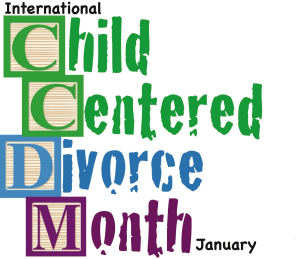Children of Divorce: Protecting Their We...
For many families, divorce is a part of life. And while every case is different, divorce is never easy. From estranged couples and their children, to in-laws, family members and loved ones, the dissolution of a marriage can have a profound effect on entire families and social circles. And, unfortunately, many divorcing couples become so ensnared in the details of their cases, they forget to focus on the well-being of their children, loved ones, and even themselves. Thankfully, though, there are ways to minimize the emotional and psychological impact of divorce. Keep reading for tips on reducing conflict and simplifying the process of divorce, as well as protecting children along the way. Honesty is (Usually) the Best Policy When it comes to the gritty details of divorce, some things are best kept between the couple in question; however, children should always be included in family conversations about separation and divorce. For









